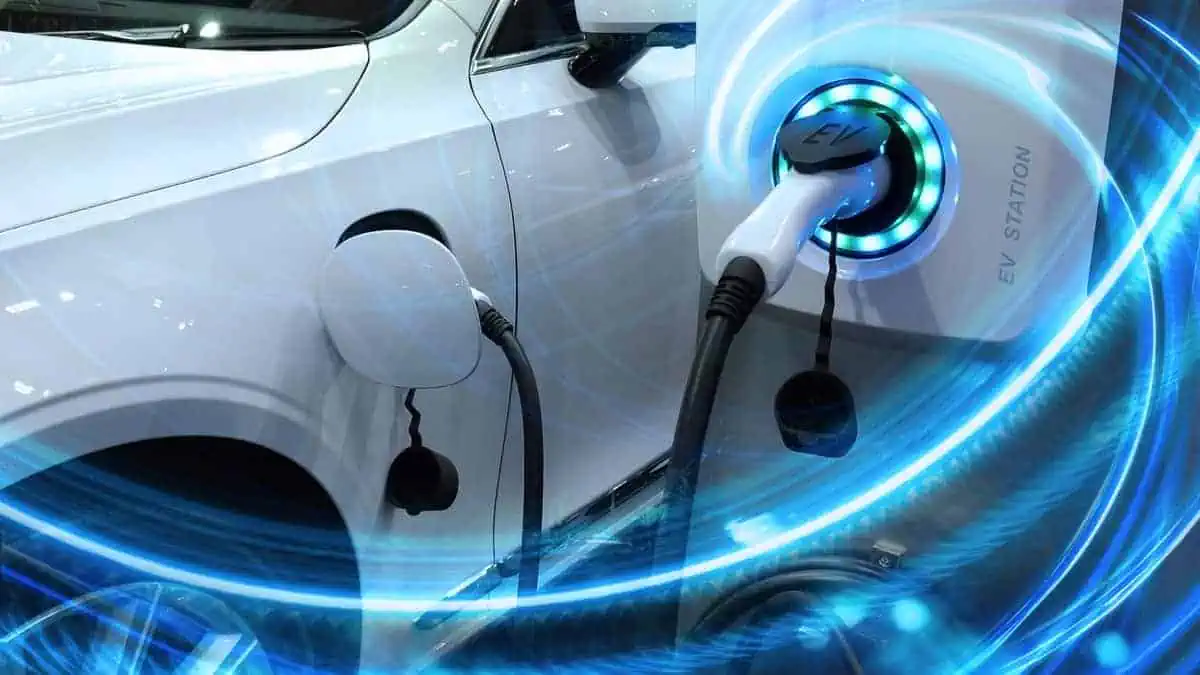Canada-based startup Arc Motor Company claims to be capable of converting a classic car into a battery-powered vehicle using retired Tesla batteries, with the service starting at $75,000.
Impressively, the company is led by the first-ever female entrepreneur of her kind in North America. Founder Sloane Paul leveraged her more than 15 years of experience with tech and engineering giants Microsoft and Dyson to establish a business that would offer better car performance and sustainability.
1974 Ford Bronco conversion
Arc Motor Company is apparently the first to finish a conversion of a first-generation 1974 Ford Bronco into an all-electric vehicle.
The team, led by Arc COO and engineer Tom Chep, equipped the classic car with two electric motors. As a result, its horsepower and torque increased by about twofold from the original gas-powered model.
The press release indicated that the two e-motors generate 260 hp and 346 lb-ft of torque, almost doubling the car’s original 120 hp and 243 lb-ft of torque.
Average drivers may not need all that power, but COO Chep noted that “it goes to show what the capabilities are.”
More remarkably, the startup revealed that it sourced most of the powertrain from a retired Tesla Model S. COO Chep obtained Tesla battery modules from wrecker 057 Technology and utilized them to create a new battery, including 15 of the 16 modules from the Model S. The hand-built steel battery enables the Ford Bronco EV to reach a battery range of about 320 km (199 mi) owing to its 75 kWh energy capacity.
“This is by far the most complicated and time-consuming portion of the ARC’s battery-powered Bronco build. Electric vehicle batteries — especially Tesla’s — have extremely sophisticated cooling and monitoring systems. Since, he’s starting with bare modules, Chep has to build both systems himself, manufacturing the necessary cooling circuits and then wiring the cells to motherboard so that the FrankenBronco’s battery cells operate as efficiently as they do in a Tesla.”
Arc Motors Company
In addition, Arc Motor Company claims that its tech is transferable. Therefore, it can also convert all other classic cars, with plans to electrify the “monstrous Power Wagon” next.
“When you electrify a car, you’re not only just making a better driving machine and more enjoyable and reducing the tailpipe emissions, but you’re also reducing the amount of waste that goes into the landfill there scrapyard.”
Sloane Paul, Arc Motor Company Founder
Pricing and estimated processing time
Arc Motor Company’s standard electric conversion for gas-powered classic cars starts at $75,000, as noted by Motor Mouth. However, it expects this pricing to decline as parts and battery costs decrease over time. By then, the company aims to provide more affordable and accessible electric conversion.
It is also worth noting that the team takes 2 to 3 months to convert a classic car into an EV. Moreover, shipping and parts acquisition tend to add an extra 4 to 8 weeks.
Canada’s 2035 targets
The Canadian Net Zero Emissions Accountability Act took effect in June 2021 to aid the country in hitting net zero greenhouse gas emissions by 2050, City News reports. Federal Minister Filomena Tassi believes that businesses like Arc Motor Company will significantly aid Canada in sustainability goals.
Notably, the legislation mandates automakers to produce only electric vehicles in Canada by 2035.
“Wetraditionaleaders in this face. This is about making investments to create jobs for the future. So not only my children, but my great great grandchildren will have these jobs. So the federal government is making significant investments in this space. All of these investments are about attracting big companies to come to set up shop here, and then that will provide amazing jobs and strengthen the local economies, but also put us at the forefront.”
Federal Minister Filomena Tassi
Arc Motor Company has the potential to advance to the forefront of Canada’s green transition with its innovative conversion technology. It gives iconic car fans the opportunity to experience the superior performance and sustainability of electric vehicles without ditching their vintage models.






